Once more I give credit where it’s due – that was a very good episode of anime. I think this version of Oshi no Ko – more or less consistently serviceable-plus rather than the extremes of great and awful that was the first season – is more sustainable. And certainly less exhausting. It’s the longest extended run of Akasaka material that I’ve gotten through without being seriously irritated or turned off at least once. Again, manga readers by and large seem to think “Tokyo Blade” is the best arc in the series, and I see no reason at this point to disagree (though I’m the last one anybody would ask).
In effect we have an anime adapted from a manga depicting a stage play adapted from a manga here. There are a lot of layers there, and a lot to go wrong. Not to mention, by its nature 2.5D doesn’t lend itself well to the flatness of TV. Given the challenges involved, I think Doga Kobo and Hiramaki Daisuke did a fine job bringing it off. Sure there was a fair bit of CGI in the mix but let’s keep our expectations realistic. You had to convince us that the audience was wowed by what they were seeing without having access to the means of wowing them, and that was never going to be easy.
Giving “Blade” a more or less uninterrupted ten-minute runway at the start of the episode was a good idea. Absent the magic of 2.5D budgets and trickery, absorbing us in the moment was the only means of making the requisite impact. It was mostly mission accomplished on that score. The play was depicted quite nicely, building up to Melt’s big moment on-stage. That brings with it its own set of challenges, of course. To quote my post of last week:
If there’s anything that makes Melt sympathetic it’s that he’s self-aware enough to realize his own inadequacies and even wish to surmount them. But that presents a challenge for Akasaka, in fact. As with the too-neat resolution to every industry critique he floats, if Melt actually succeeds in “Tokyo Blade” that’s an implicit demeaning of acting both as a skill and a profession.
I guess what happens on that front is kind of an eye of the beholder thing. This is Akasaka’s greatest tripwire IMHO (that and his love of tropes) – he loves neatness. He likes to give characters and situations happy endings (or midpoints) even if it involves unrealistically easy ways out. Melt being a bad actor has been pretty well-established. As has the fact that he’s not a bad guy. Giving Melt a big backstory segment here wasn’t strictly necessary, at least for me. I don’t care that much about him in the end, but I certainly have empathy for him. But Akasaka does tend to oversell these things.
As usual, the magic potion is a bit of advice from Aqua, whose divine wisdom can solve pretty much every problem except his own. Melt’s soaring triumph (even arrogant douchebag Kamoshida acknowledges him) is “too-neat” to use my own phrase. But I don’t begrudge him – he’s nice enough to deserve a redemptive moment. Sometimes it would be better for Akasaka to deny his characters that deserved satisfaction because it’s better storytelling but fish gotta swim and birds gotta fly. For the record I don’t trust Kaburagi’s stated reasoning for pushing Melt on Raida – there’s more to that side of things, even if it’s not plot-critical.
Of course, the most obvious implication of Melt’s triumph is that is reinforces the hollowness of Aqua’s own acting. “Physician, heal thyself” indeed – ultimately Melt matters less to the story as a character than as a means of pushing Aqua’s arc forward. He has his own big moments coming up, with his PTSD waiting in the wings like the star just waiting for its cue to seize the spotlight for itself.


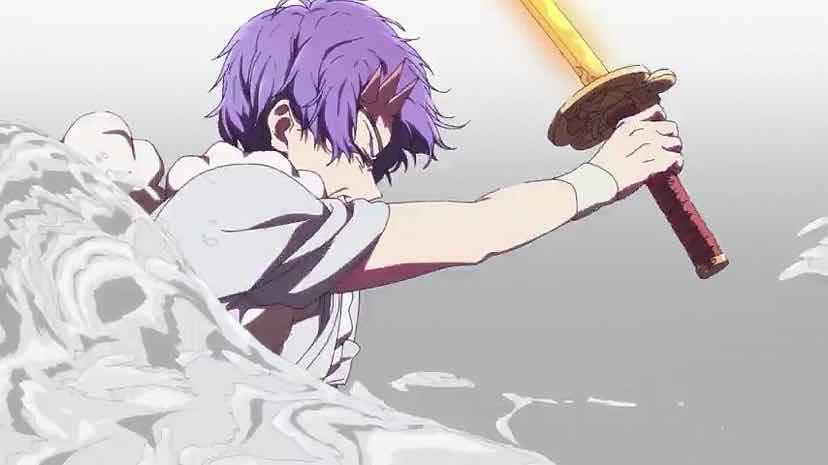
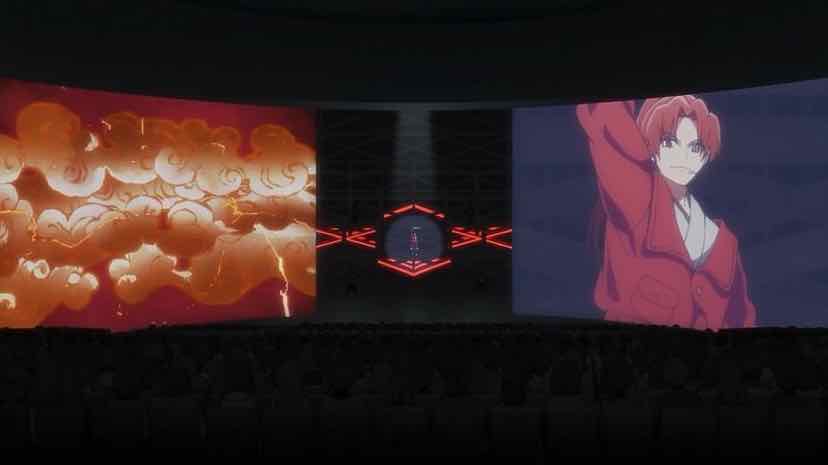
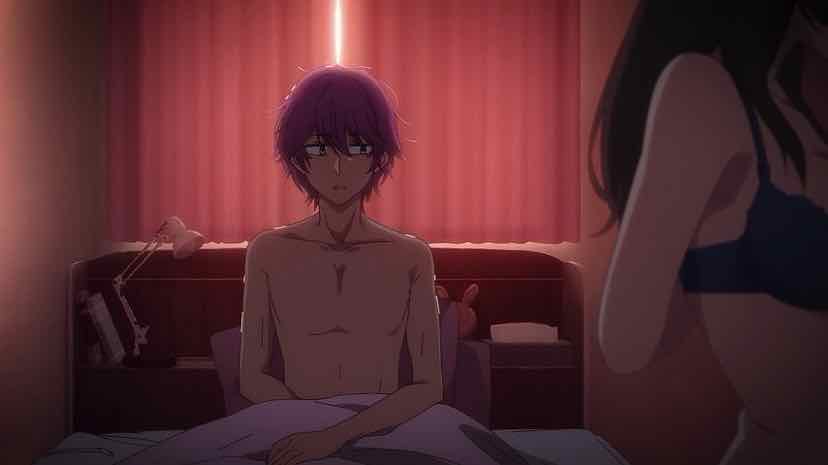
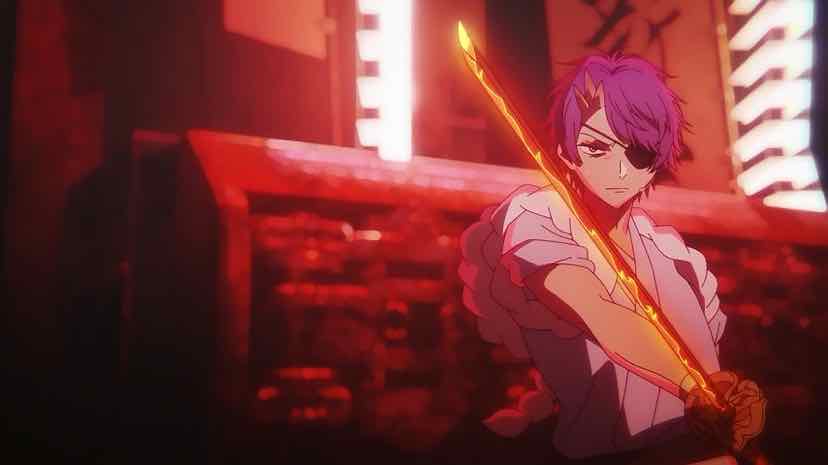
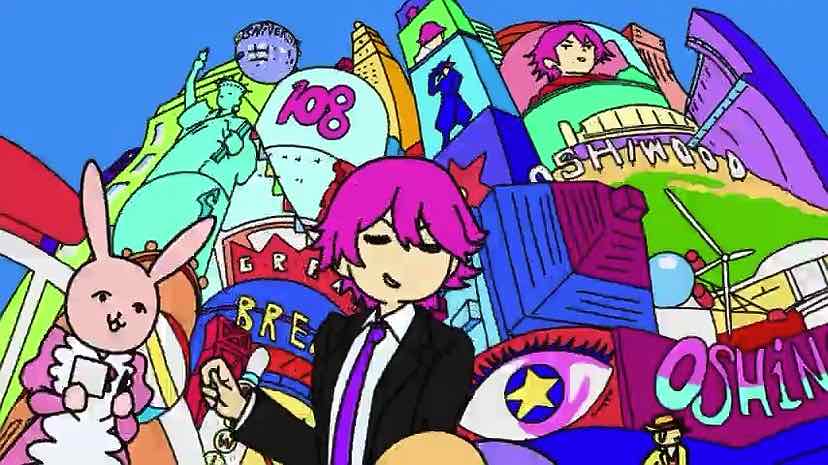
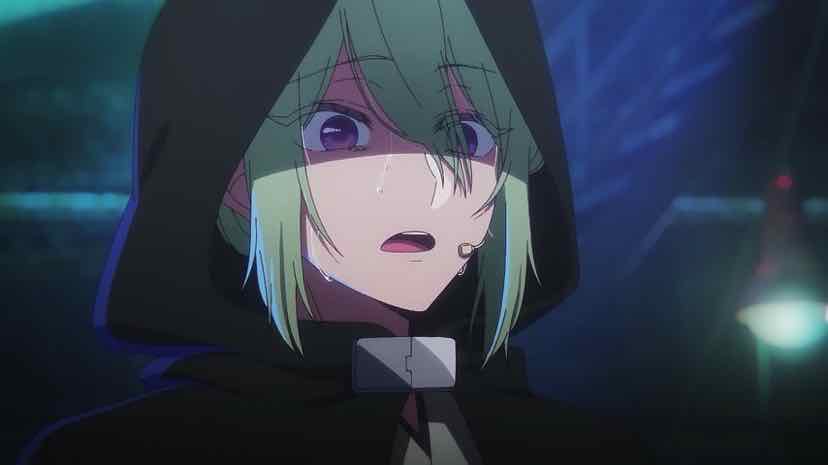
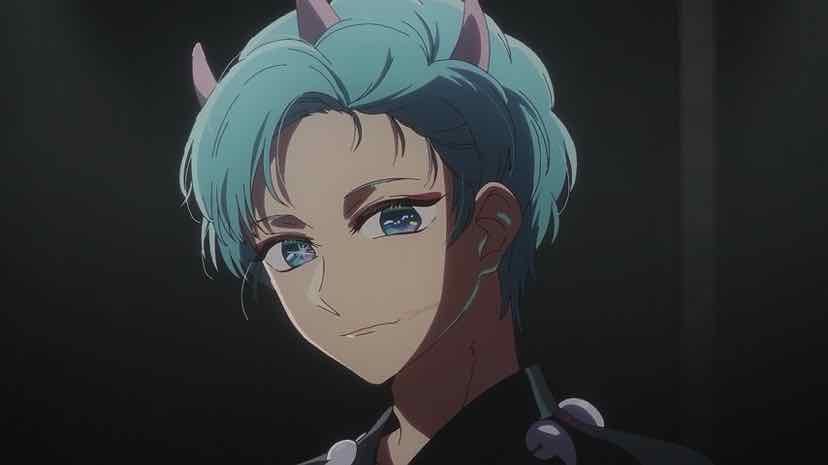
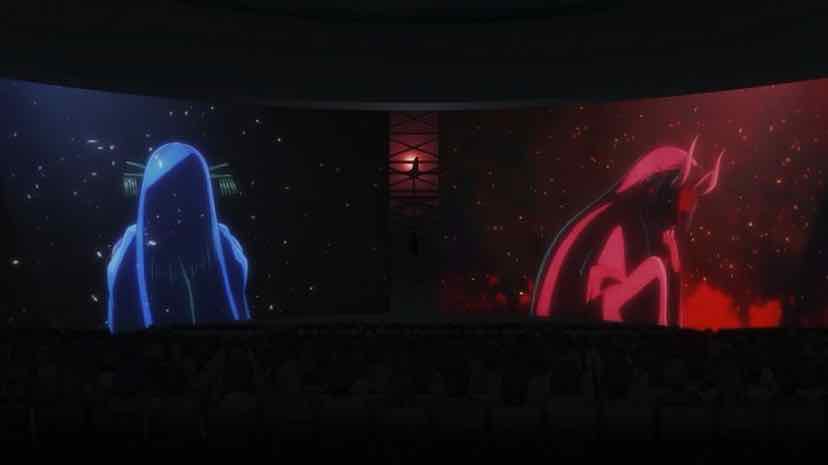
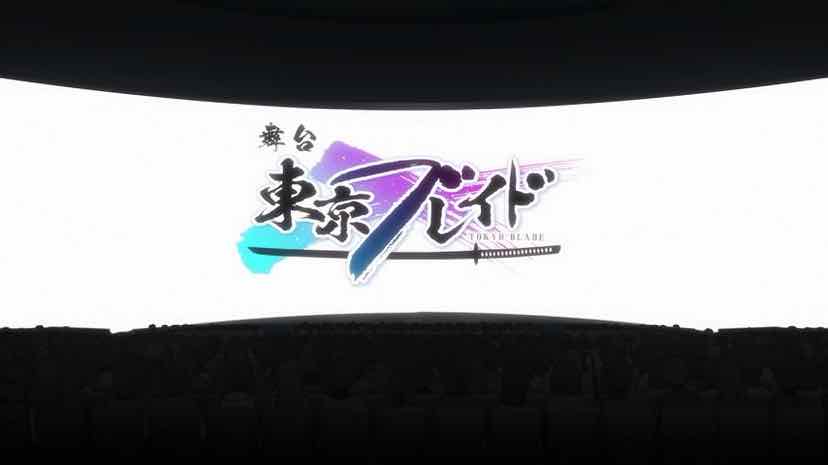

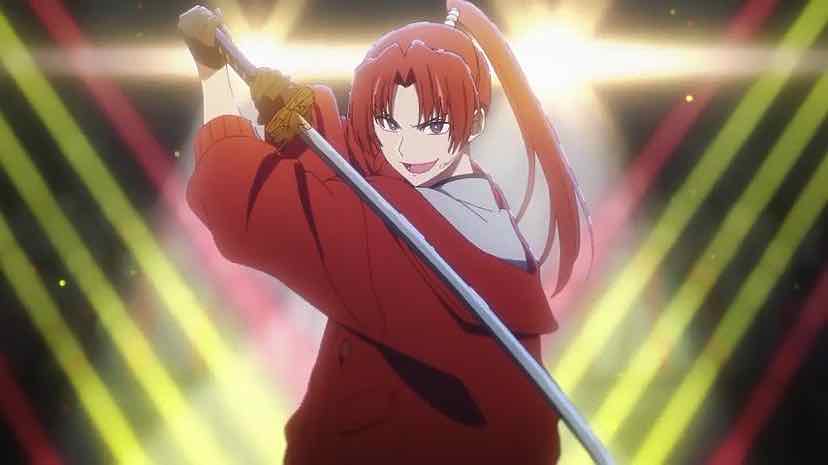
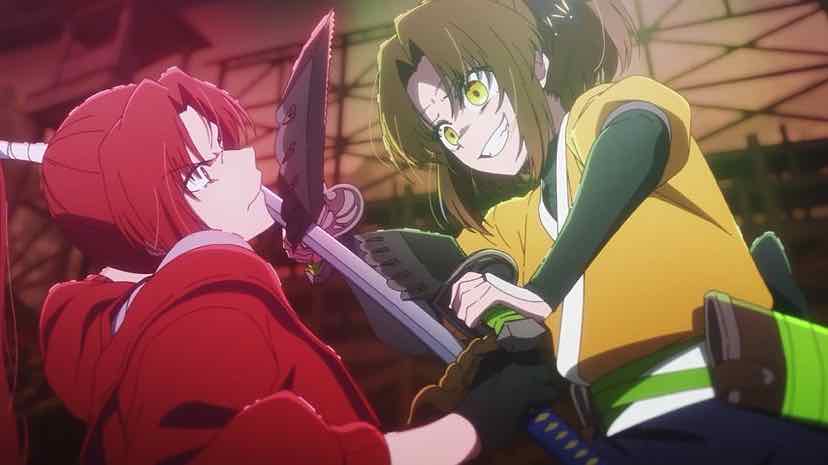
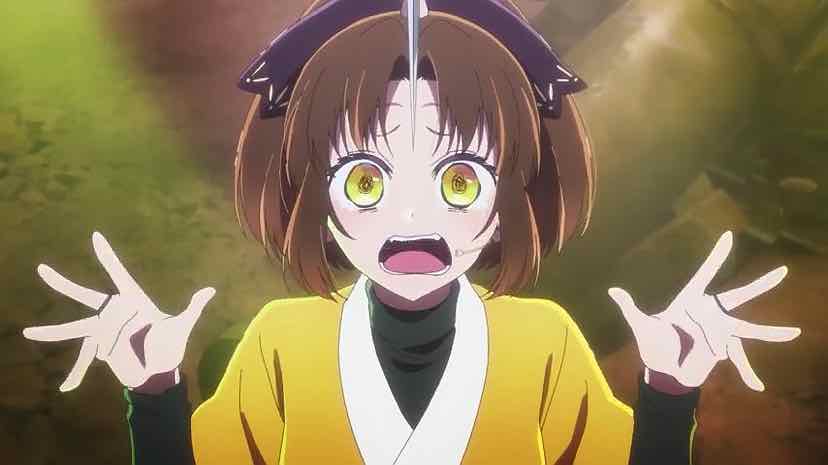

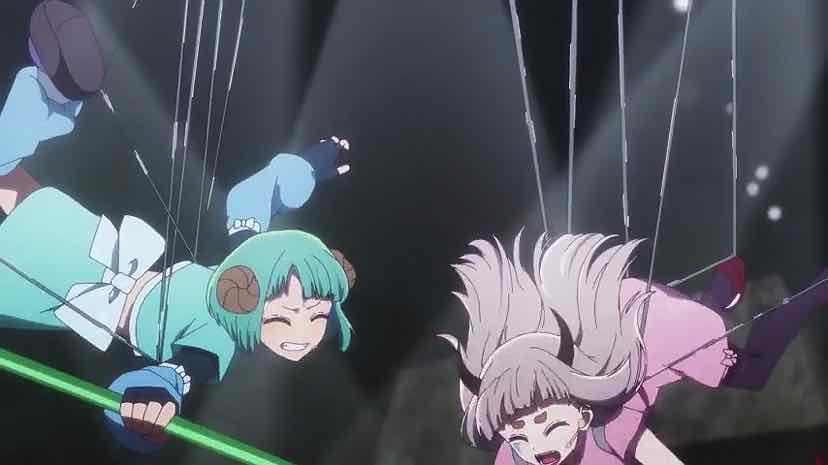
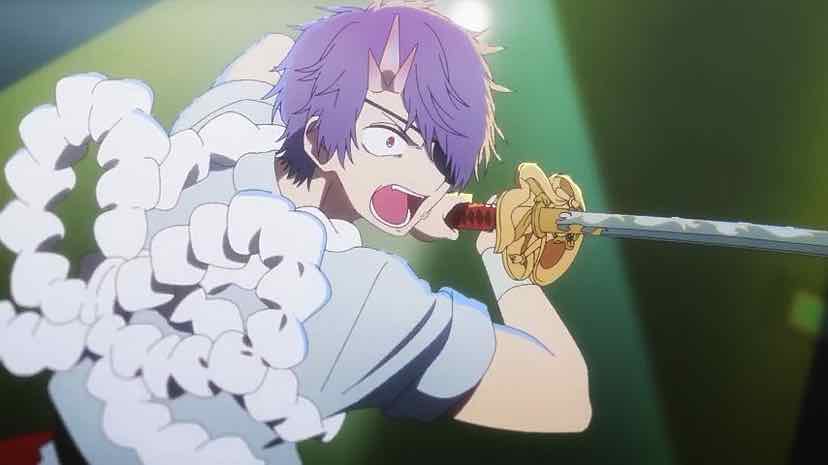
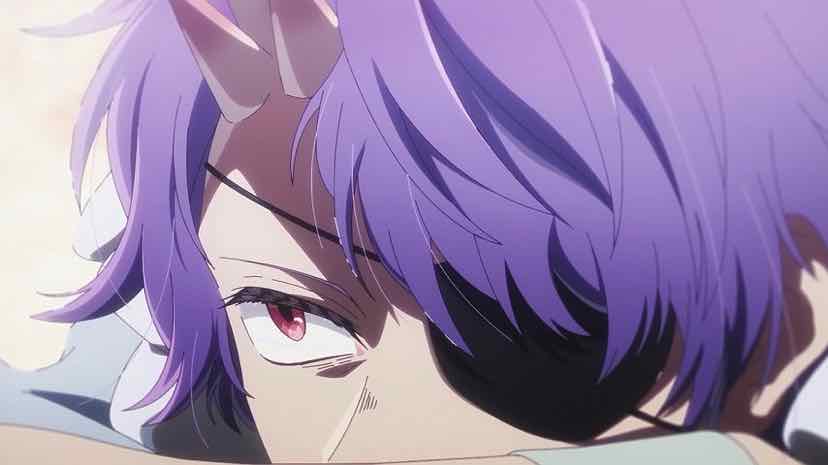
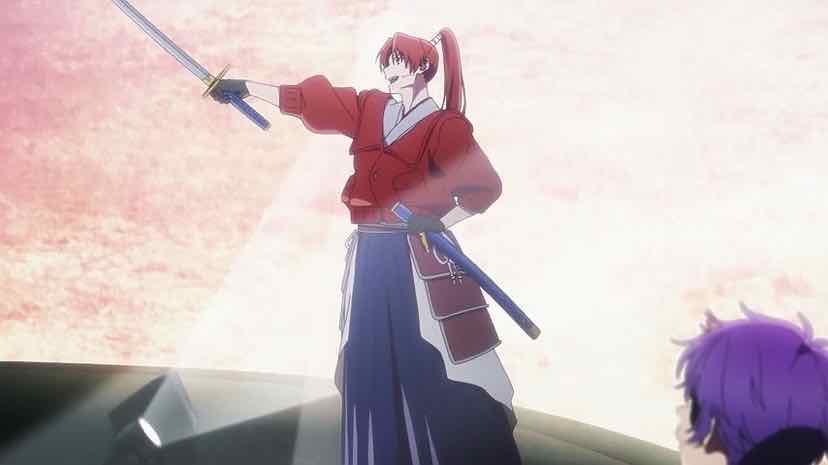
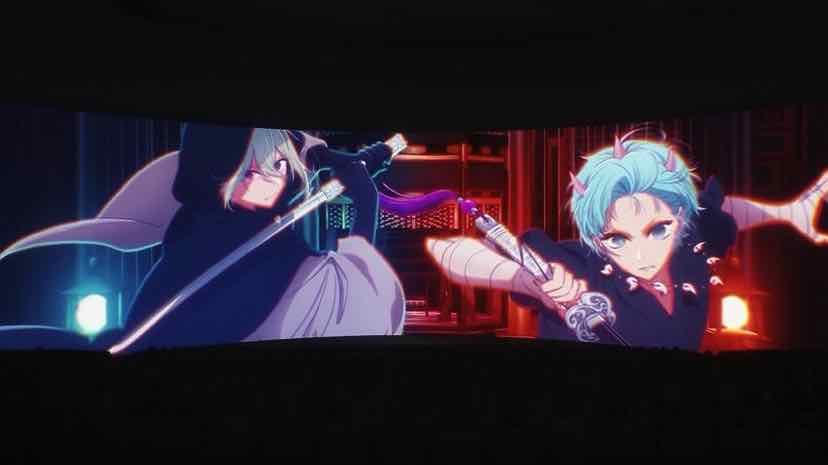

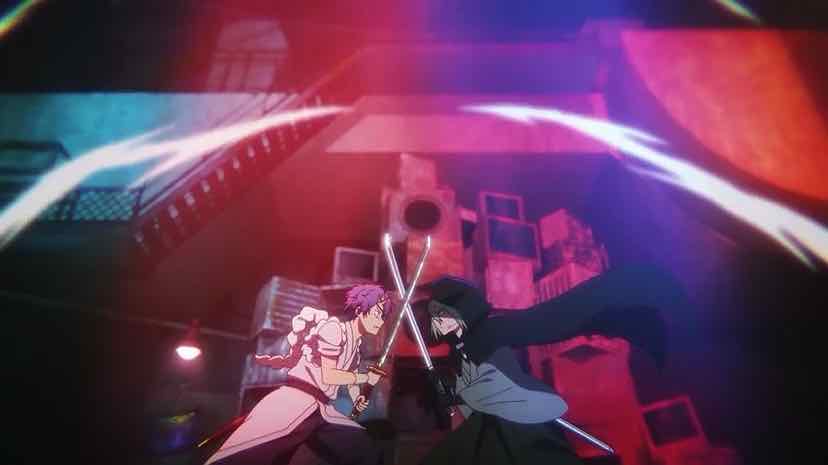
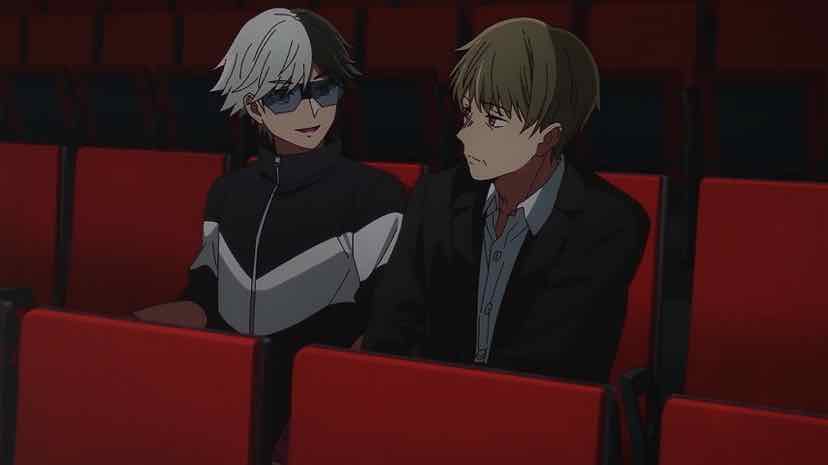
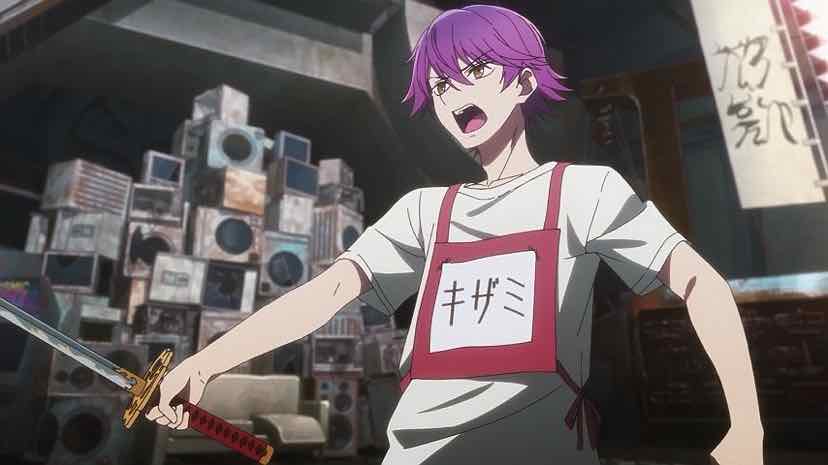
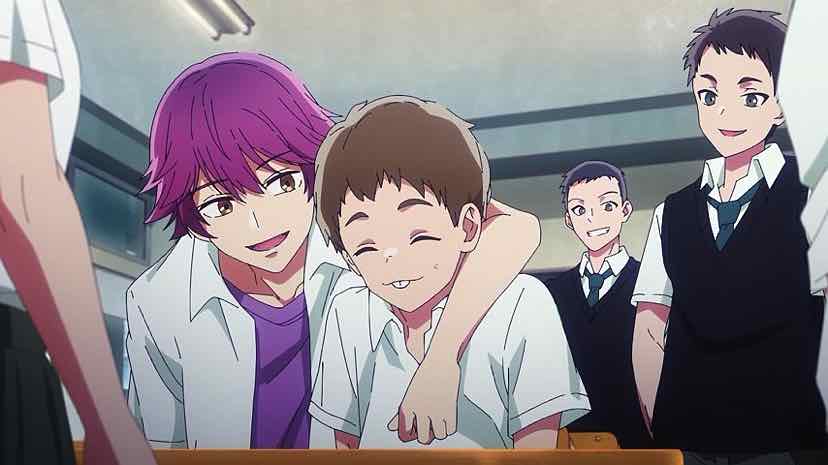
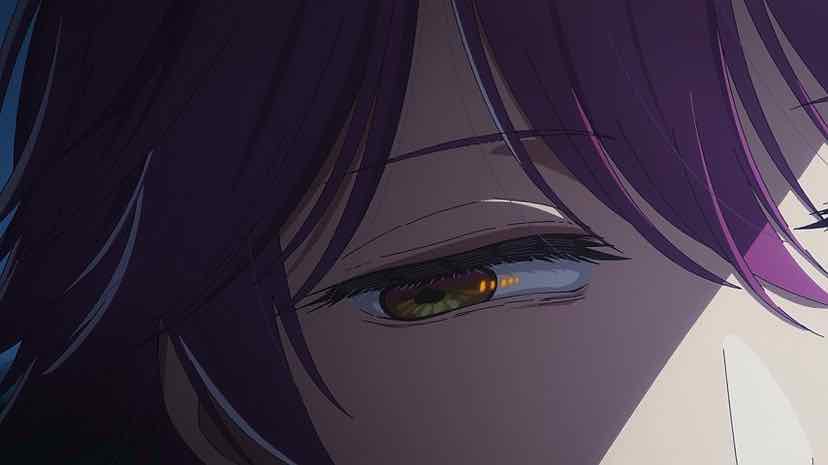
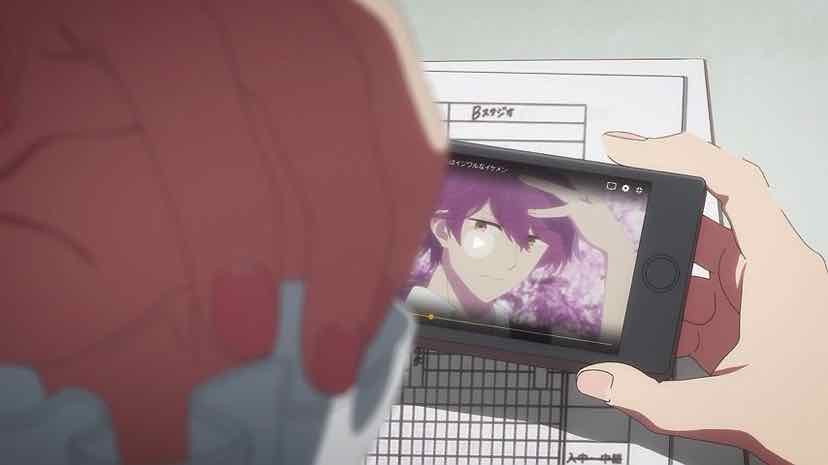

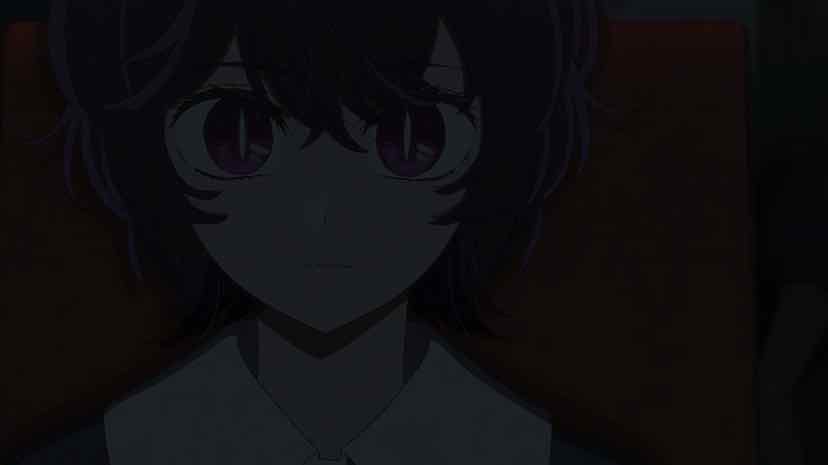
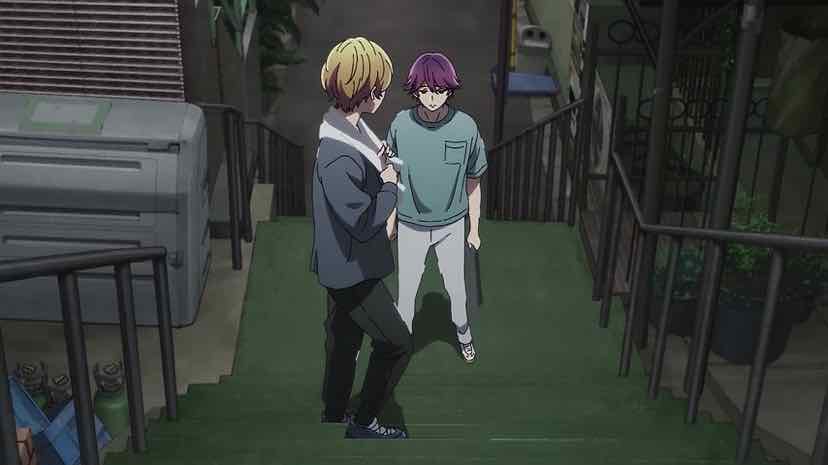
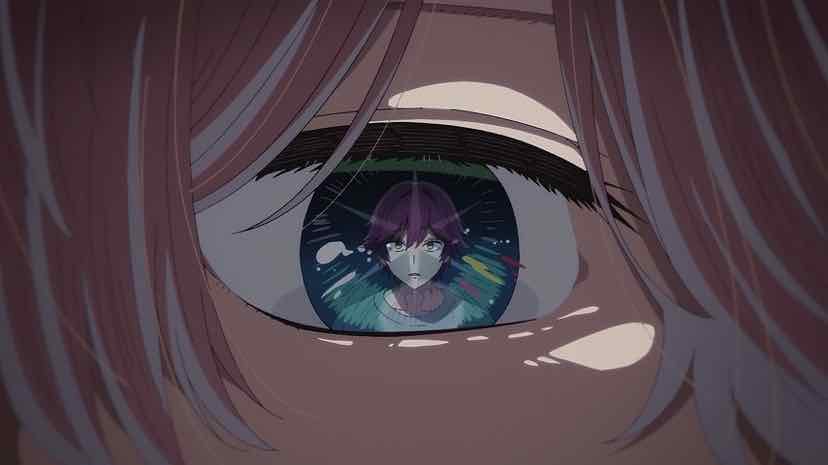
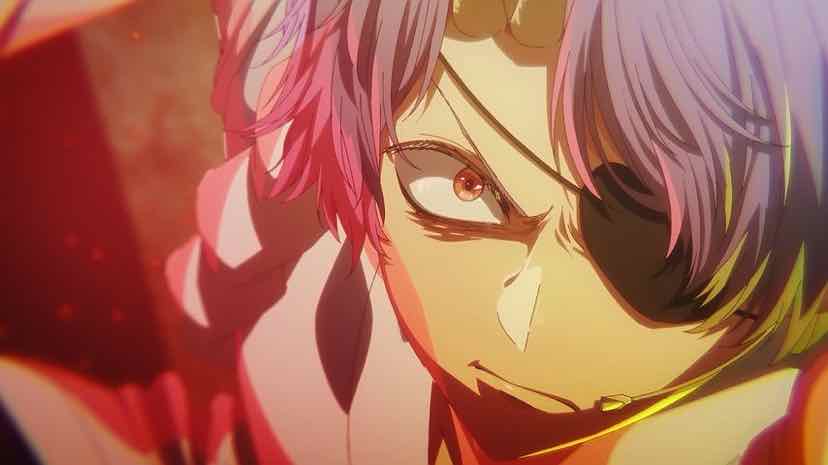
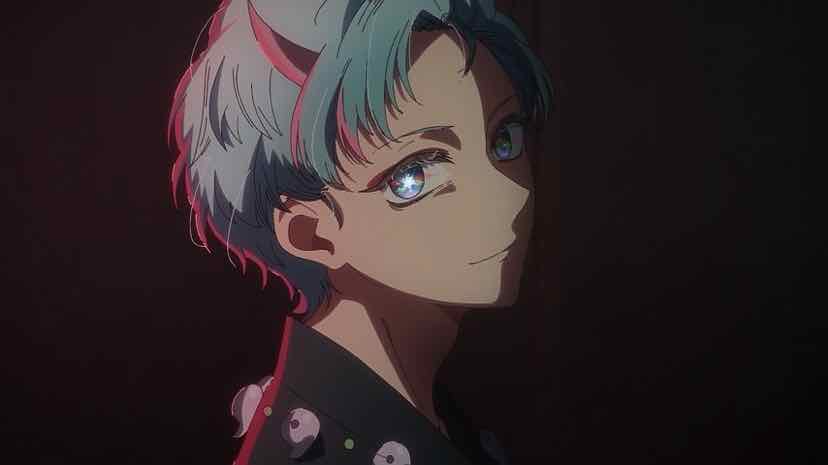
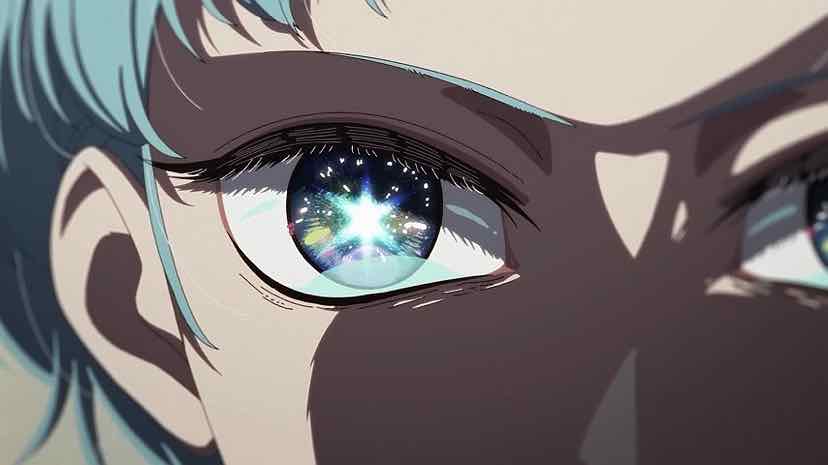
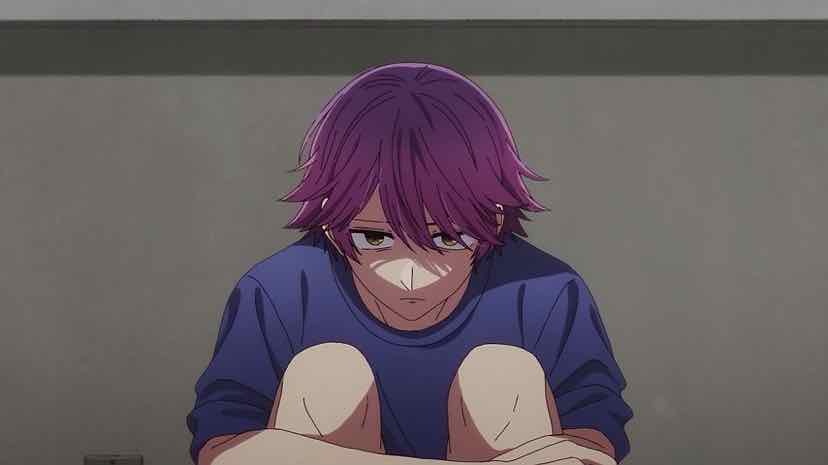
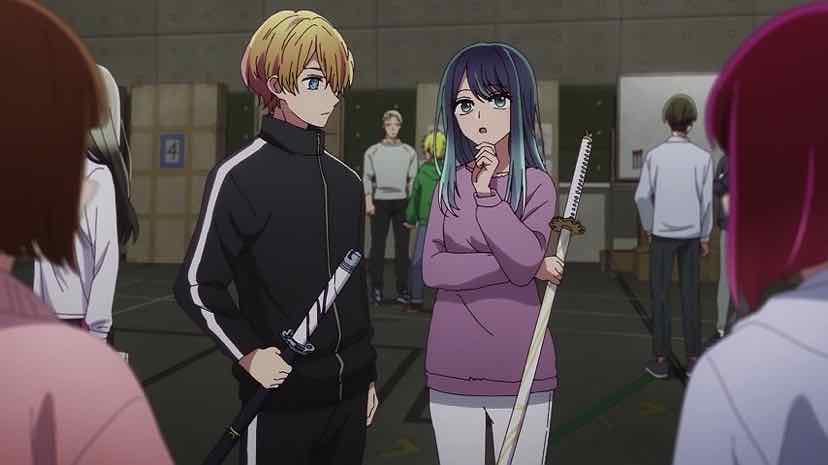
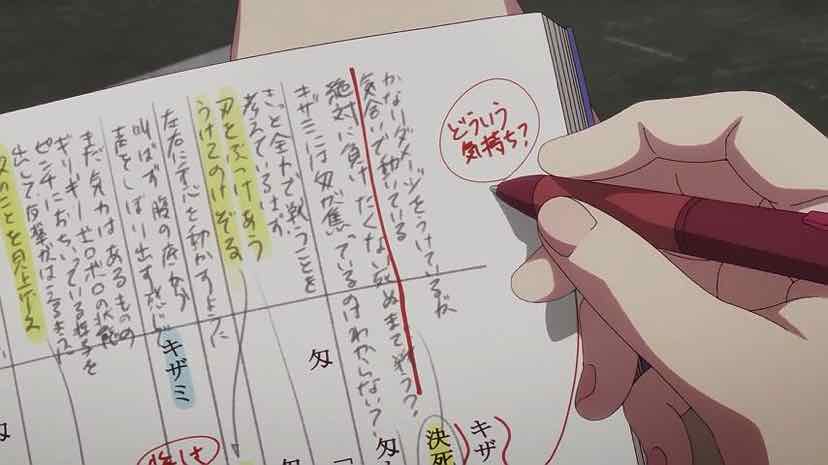
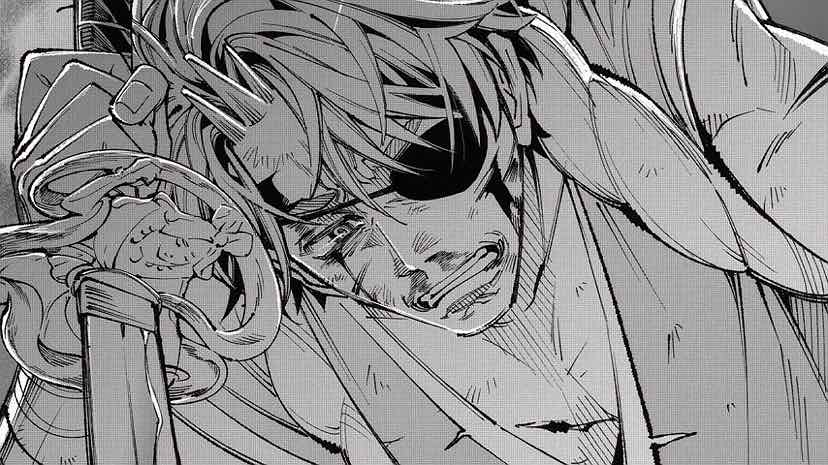
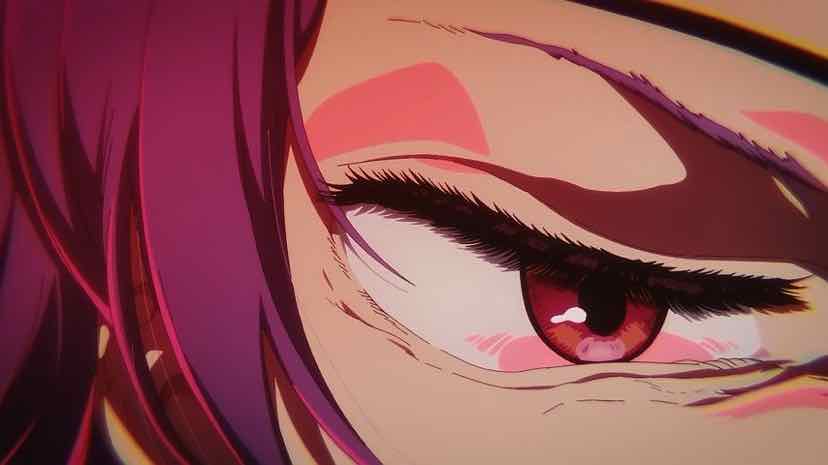
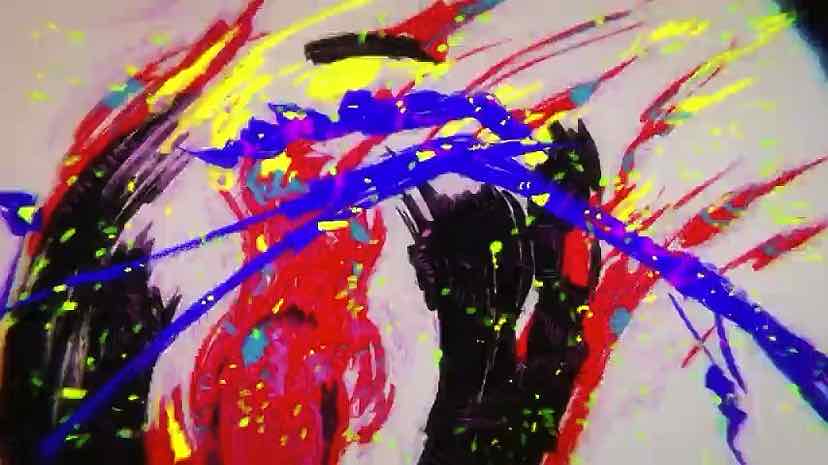
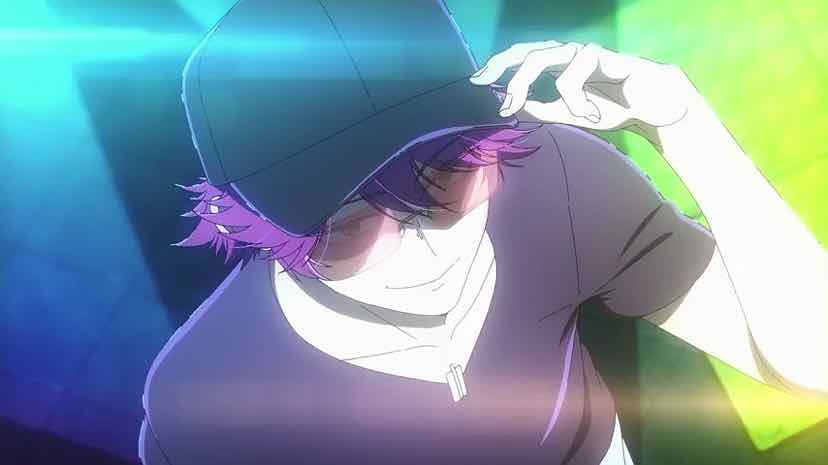
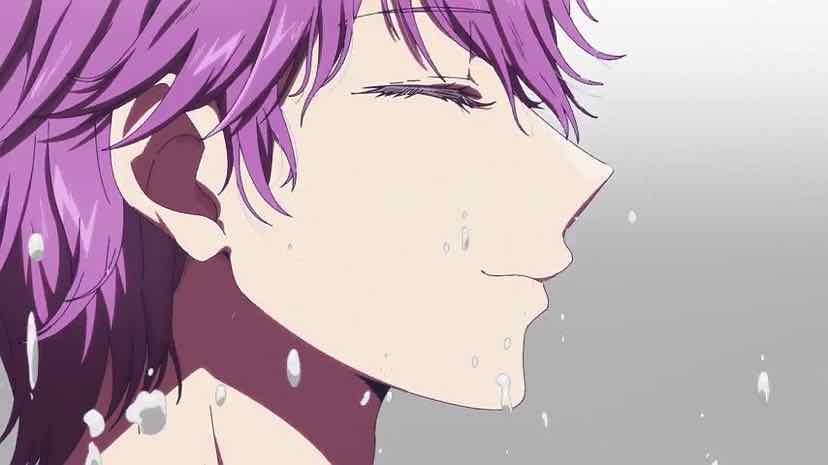
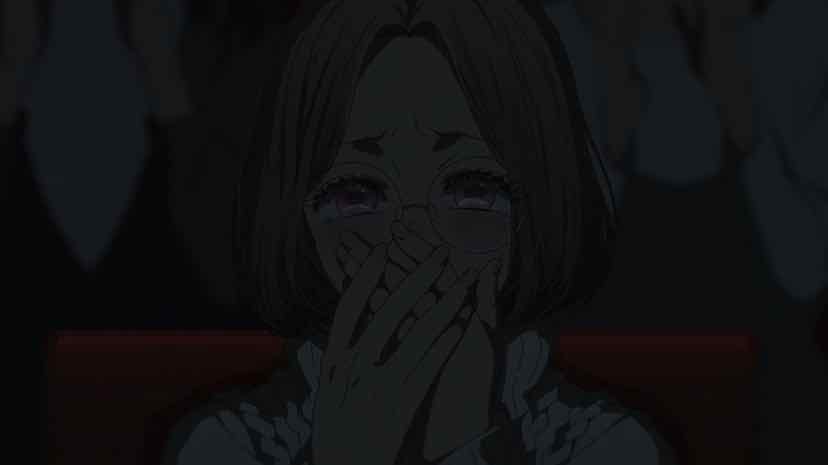
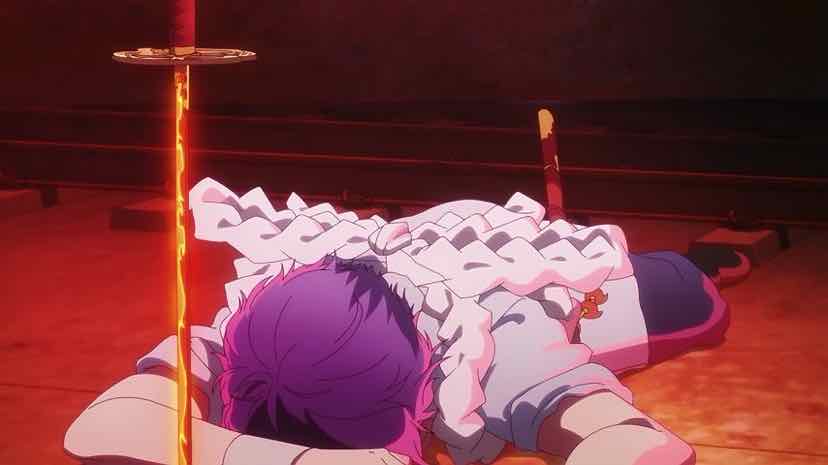
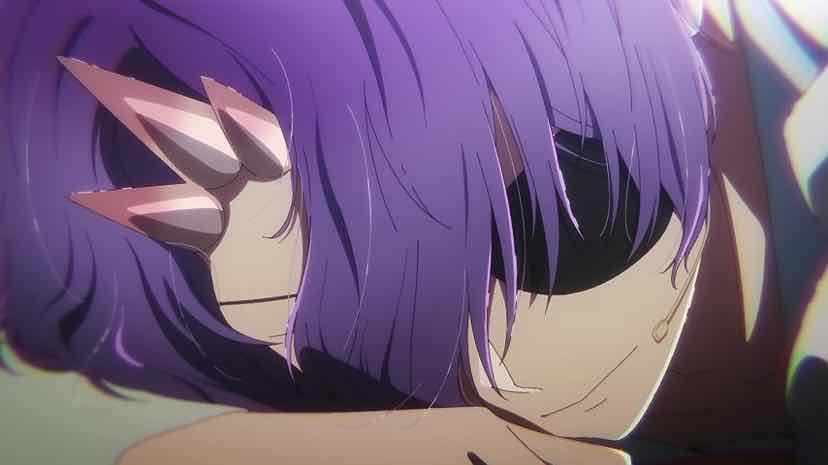
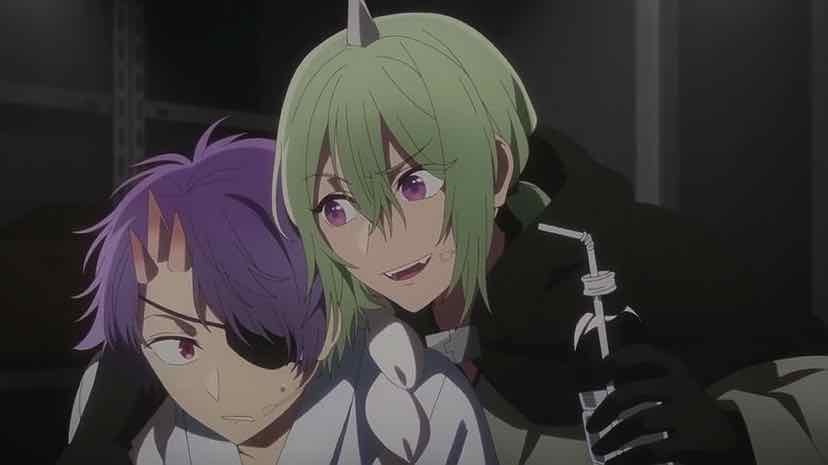
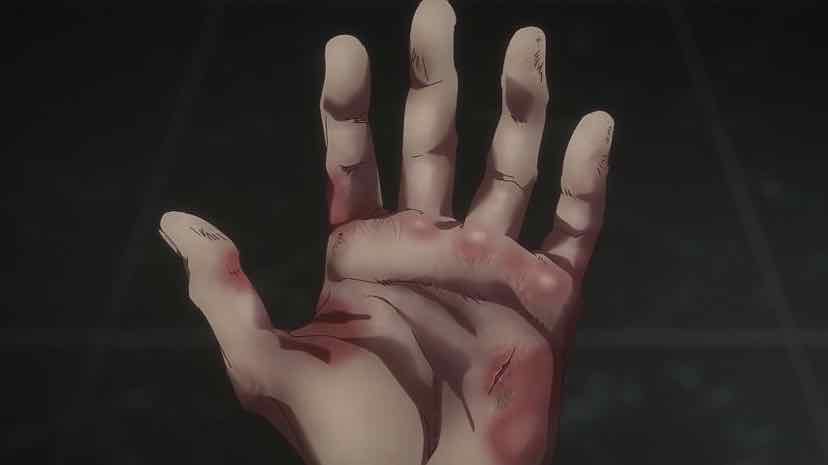
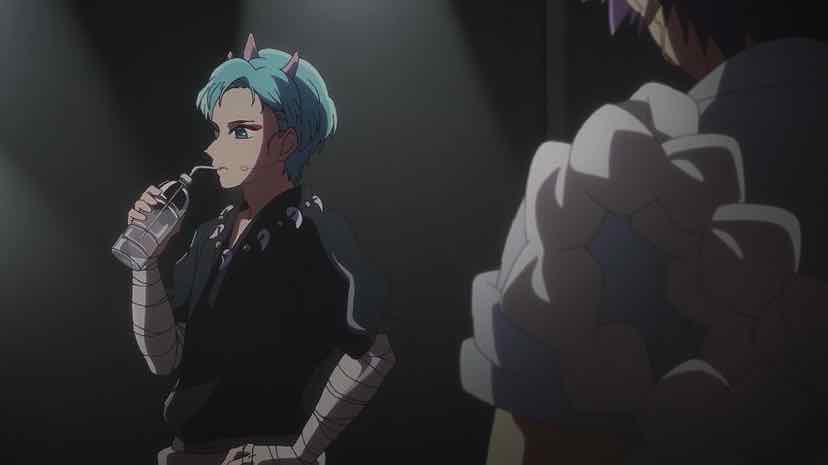
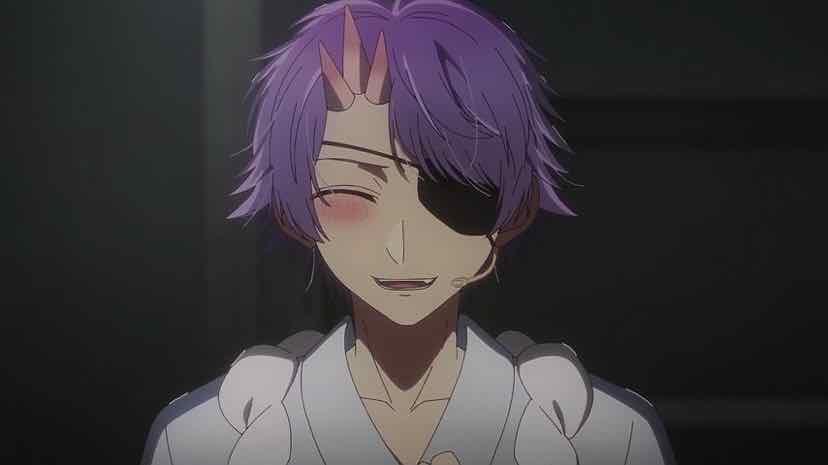
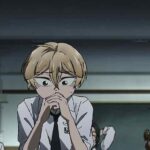
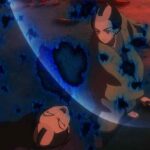
Nellie
August 8, 2024 at 7:06 pmSo you’d rather a stew of B pluses and B minuses than a mixture of As and Ds? I can understand that- helps to keep expectations in check.
I remember somebody telling me Akasaka wrote Kaguya-sama with the intention of it being commercially successful so he’d get the freedom to write darker stories. I don’t know anything about Kaguya-sama except that it’s a romcom, so I don’t know how Oshi no Ko compares tonally to it. But if OnK is his idea of “dark”… well there are several moments where you can see the optimistic idealist pop out, even when it shouldn’t. I think I’m a bit less critical of that than you, though.
Also, I think this episode has the show’s first explicit mention of sexual assault. I’m surprised more people aren’t talking about that- I was kind of expecting to dominate the conversation.
Guardian Enzo
August 8, 2024 at 7:21 pmFor this show, the narrower grade range works better for me. As a rule I tend to go in the other direction but with OnK, not the case.
The Melt-sempai situation is a tough one. He did say they were both middle schoolers, so maybe 13 and 15. Is that sexual assault? Are laws being broken? More importantly, did it have a lasting impact on his psychological well-being? I think it probably did, based on his self-esteem issues and some of the other stuff we saw in that flashback.
Nellie
August 9, 2024 at 3:09 pmShe was still (slightly) older, and it was not consensual on his part, but you have a point. The fact that they were BOTH clearly minors when the incident happened would alter the nuance of the discussion significantly.
Bel
August 12, 2024 at 12:29 amPerhaps they are referring to the interview with Aka Akasaka on ANN? (Link) I’ll admit that explains a lot.
And the part about Melt and his senpai at school. I feel like if Melt were a girl, there would have been more talks about it.
Joshua
August 8, 2024 at 8:57 pmYeah, this is the high point. The lack of focus on Aqua (so far), the action sequences, how the stage play is depicted on-screen in recreating the audience experience. After this stage play ends, it’s going to be all downhill from here. Though I suspect that next episode is going to be one ball of self-indulgence when it pivots to Aqua’s performance and the staff goes too far in blending reality with fiction (and ripping off ufotable in the process). In fact, I think (Deleted – TMI)
Bob
August 8, 2024 at 10:25 pmThat last scene with Melt reflecting on his life and journey in avant-garde fashion was a very welcome addition. I’m looking forward to Doga Kobo continuing to fire on all cylinders. I think in two episodes we’ll hit my absolute favorite moment in the manga.
Yann
August 10, 2024 at 7:38 amThat abstract-ish sequence was pretty cool I thought… Surprised you didn’t even mention it 🙂